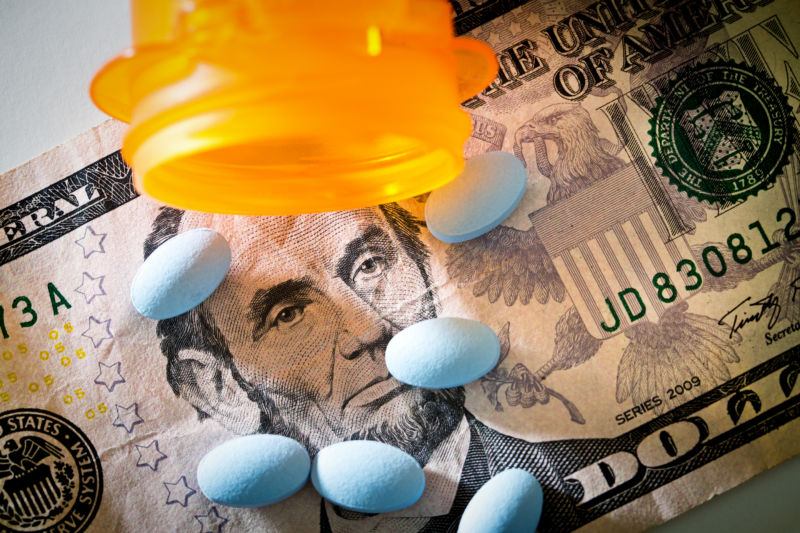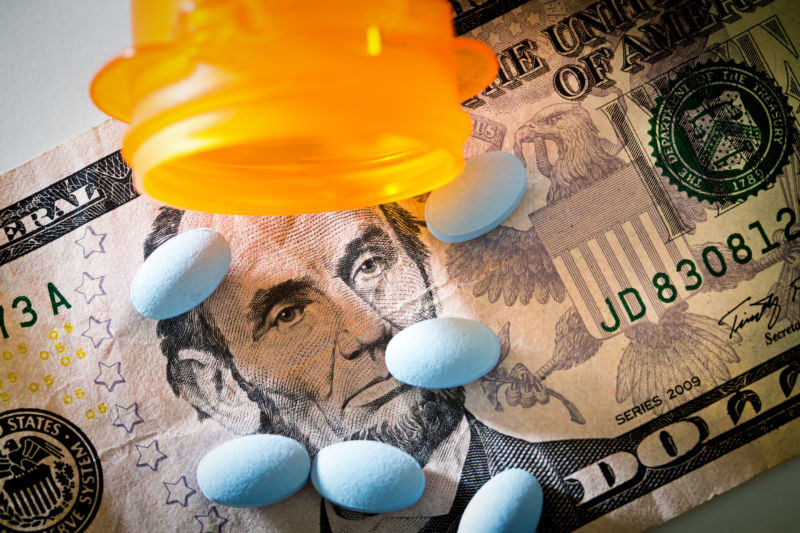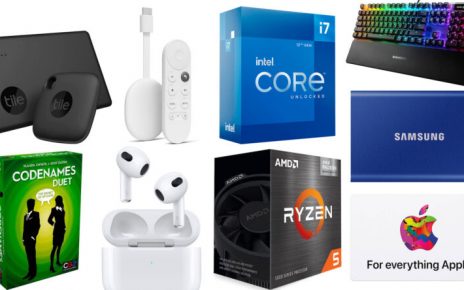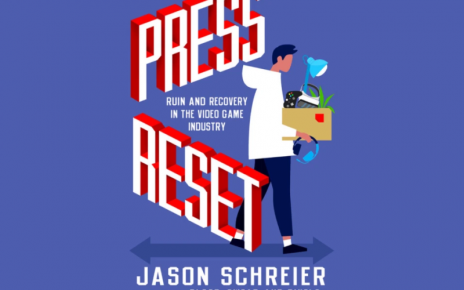
Enlarge (credit: Getty | YinYang)
Pharmaceutical companies spend around $6.5 billion a year on advertising, and even though Facebook prohibits the use of “sensitive health information” in ad targeting, about $1 billion of that ad spending ends up in the companies’ pockets. Big Pharma, it turns out, has found some creative ways to work within Facebook’s rules.
Facebook’s ad targeting allows drug companies to zero-in on likely patients by aiming not for their conditions but for Facebook-defined interests that are adjacent to their illnesses, according to a report by The Markup. The site used a custom web browser to analyze what ads Facebook served to 1,200 people and why, and it found that Big Pharma frequently used illness “awareness” as a proxy for more sensitive health information.
The range of treatments advertised to potential patients ran the gamut. Novartis used “National Breast Cancer Awareness Month” to sell Facebook users on Piqray, a breast cancer pill that lists for $15,500 for a 28-day supply. AstraZeneca ran ads for Brilinta, a $405-per-month blood thinner, based on whether Facebook thought a user was interested in “stroke awareness.” And GlaxoSmithKline shows ads for Trelegy, a $600-per-month inhaler, if someone was flagged by Facebook for “chronic obstructive pulmonary disease [COPD] awareness.”





